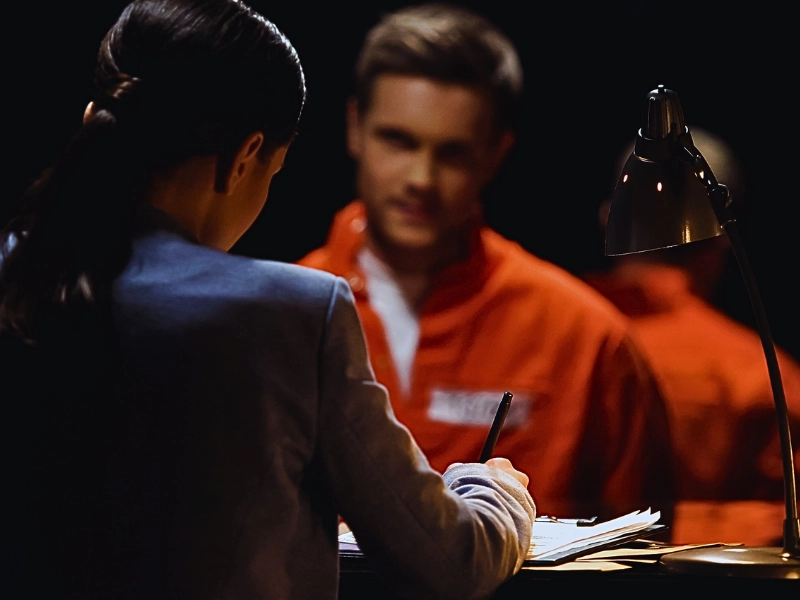Blog
The timeline for filing pre-trial motions in a criminal case in Minnesota varies with the type of motion. A motion related to the discovery of evidence or dismissal of a criminal case must be filed at least three days before the Omnibus Hearing. The prosecution is then allowed to respond to the motions, and the court sets the timeline for these responses.
Knowing the tips for interacting with law enforcement as a suspect in Minnesota can keep you from saying or doing something that incriminates you. These tips include understanding your rights while interacting with law enforcement, knowing how to handle search and seizure, and seeking the early intervention of a criminal defense lawyer. You should apply these tips when you are stopped for questioning, a suspect in a criminal investigation, pulled over in a car, and during arrest, arrest processing, and custody.
You may need to hire a criminal defense lawyer even if you have not been charged. A criminal defense lawyer protects your rights when law enforcement officers are investigating you for a crime. Without a lawyer, you might say something that could be incriminating or misconstrued. Your lawyer can engage with the police or the prosecutors and provide evidence that prevents them from filing formal charges. Your lawyer can also go through your case and prepare a defense strategy if there is a possibility of you getting charged.
People arrested or charged with a crime may wonder, “How long do I have to get a criminal lawyer?” There is no strict deadline to hire a criminal lawyer in Minnesota. However, it’s advisable to hire one immediately if you get arrested, charged, or are under investigation for a crime. Getting legal representation on time protects you from making mistakes that can compromise your case. It also allows your lawyer to build a solid defense strategy that can increase your likelihood of getting a positive outcome from your case.
Continuance is what a court grants to delay proceedings. The parties in a criminal case (the prosecution and defense teams) may agree to a continuance to get more time to prepare for the proceedings. There are many reasons that push your defense lawyer in Minnesota to seek a continuance. A good example is when the other party presents surprise witnesses or evidence, requiring more time to work on a new defense. You can also request a continuance if you want to replace your lawyer, especially if you feel you are not getting sufficient representation.
Students with juvenile convictions in their records and intending to apply for college may wonder, “Do juvenile crimes impact college admissions?” A juvenile crime in Minnesota can lower the odds of your child’s college application getting approved. A conviction of a serious juvenile crime may result in an automatic rejection of college applications. A minor with a criminal record may be disqualified from accessing student loans or grants.
Defendants convicted of a crime may ask, “What is the post-conviction process, and how long does it take?” A petition for post-conviction relief allows you to contest the legality of a criminal conviction or sentence following an unsuccessful direct appeal process or passing the appeal deadline. This petition involves legal issues not addressed at trial or direct appeal. These issues include a constitutional rights violation, newly discovered evidence, and inadequate or ineffective lawyer representation.
Knowing how long the sentencing phase takes in Minneapolis, MN, can help you ease worries and work towards receiving a fair sentence. The sentencing phase of the criminal justice process usually takes only minutes, especially when the judge approves the sentence negotiated in a plea bargain. Sentencing can sometimes be lengthy, particularly when you get convicted at trial, and the judge schedules a hearing to a later date to decide on appropriate legal penalties. The nature and seriousness of the criminal conviction, whether your sentence is negotiated or determined by a judge, and continuance motions are some factors that may affect the length of the sentencing phase.
CATEGORIES
- Appeals (17)
- Criminal Defense (458)
- Domestic Violence Crimes (20)
- Drug Crimes (110)
- DWI (232)
- Expungement (6)
- Felonies (97)
- Juvenile Crimes (20)
- Press Releases (7)
- Sex Crimes (94)
- Traffic Offenses (16)
- White Collar Crimes (35)








